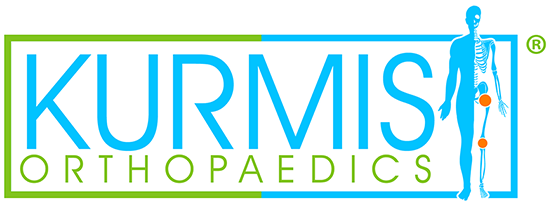
Most of us spend a long time in the car and it is important to look after our body posture when driving.
 Our posture tends to get worse on longer trips and this can affect health and safety. For the full-timers, if you have a 30-minute commute to work Monday to Friday, that’s five hours sitting in the car every week!
Our posture tends to get worse on longer trips and this can affect health and safety. For the full-timers, if you have a 30-minute commute to work Monday to Friday, that’s five hours sitting in the car every week!
TOP 5 TIPS TO KEEP COMFY IN THE CAR:
- Adjust your seat posture
- Slide your bottom to press against the back of the seat, then adjust the backrest to an angle of 100-110 degrees (tilted back). This allows full contact of your back to the seat. Leaning too far back can cause neck and shoulder pain.
- Ensure your knees are slightly bent when your whole foot (not just toes!) is on the pedal and your thighs are relaxed. Slide you seat forwards or backwards to adjust as needed.
- Avoid having the back of your knee in contact with the seat and for safety, ensure you are not too close to the steering wheel (and airbag).
- Adjust your seat height so your eye level is at least 2-3 inches above the top of the steering wheel. Adjust your position as needed to ensure your front view and mirrors are easily visible.
- Check your head position. It should rest against the centre of the headrest. Headrests are designed to support your head and neck and reduce injury in sudden impact events. They can often be further adjusted to suit your height.
- Check that your body feels relaxed! Use common sense to make minor adjustments to suit your body shape and height as needed.
- Lumbar support
Your car may have inbuilt lumbar support or you may need to add a lumbar support cushion to your seat, especially if you feel pressure on your hips and back. A rolled-up towel can also assist if urgent support is needed!
Make sure the cushion supports the natural curve of your back and doesn’t push you forward. A range of lumbar supports is available to choose from at The Physio Clinic’s locations.
- Empty your back pockets
Don’t forget to empty your back pockets! Wallets, phones and coins can put pressure on muscles and nerves or tilt your pelvis if you are sitting on them repetitively.
- Be mindful of muscle tension and stress
Take regular moments to be aware of any tension in your body (especially if you find the driving or traffic stressful). A great time to do this is when stopped at the traffic lights: keep your eyes on the traffic, take a nice big deep breath in and out, tuck your chin back and consciously relax your shoulders and back muscles.
- Take regular breaks
If you have a long drive ahead, make sure you plan a regular break at least every two hours. This is also really important for reducing fatigue and improving concentration.
If you are still uncomfortable driving, or experiencing back, hip or neck aches and would like some individualised assessment and advice, please call The Physio Clinic on 8342 1233 or book online.























